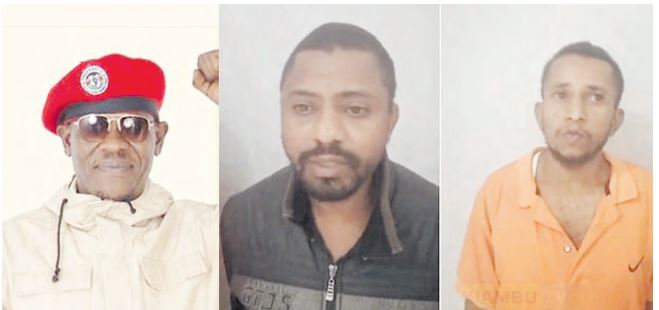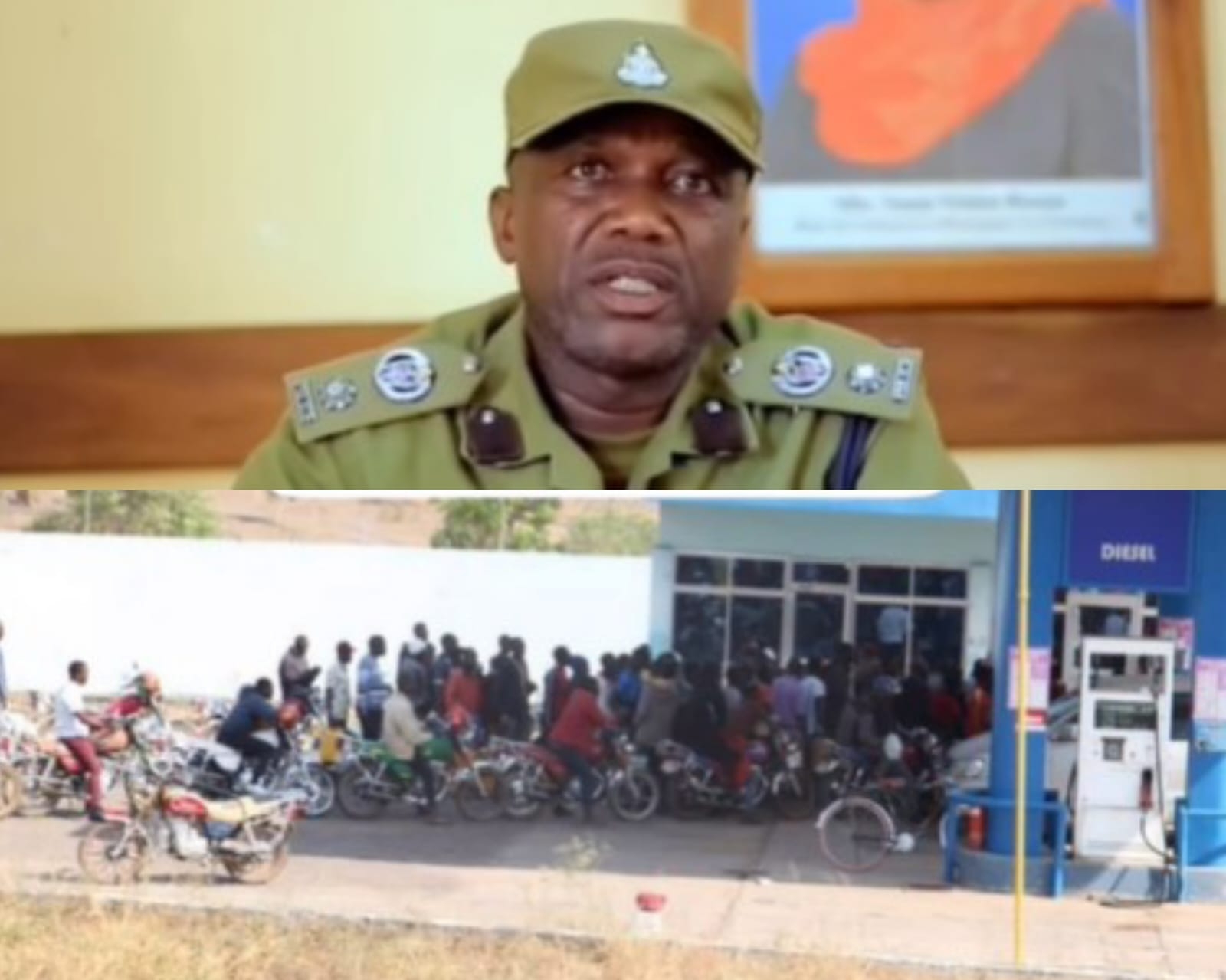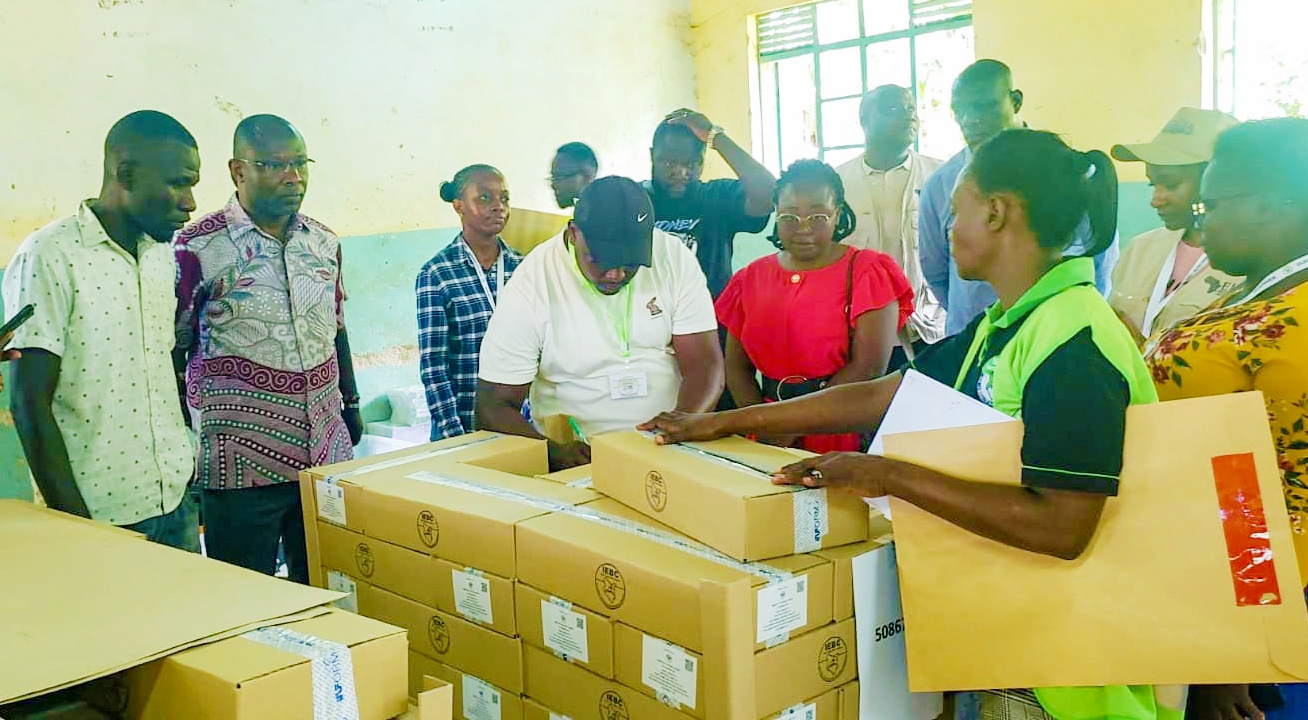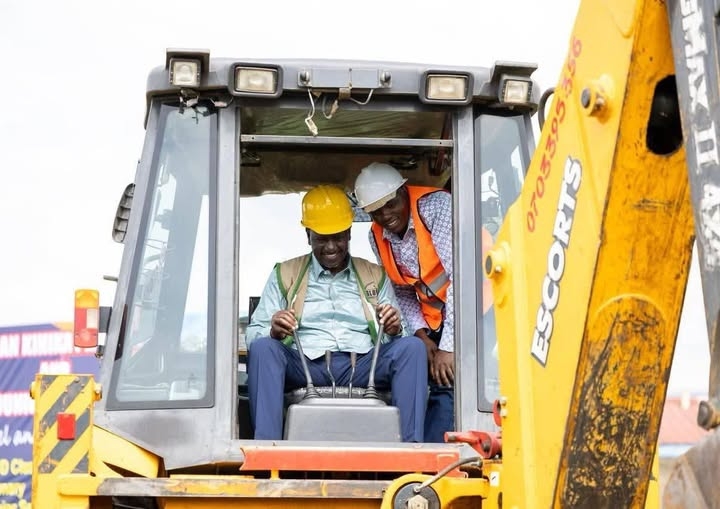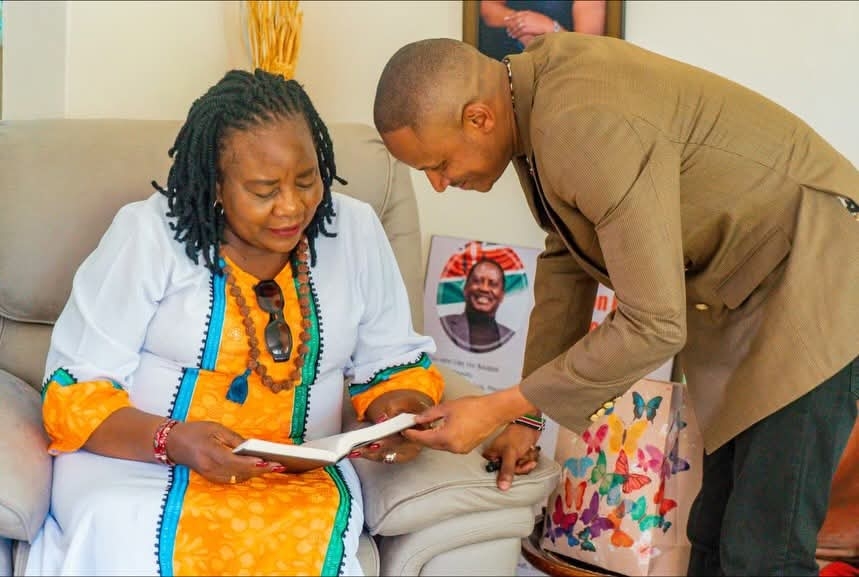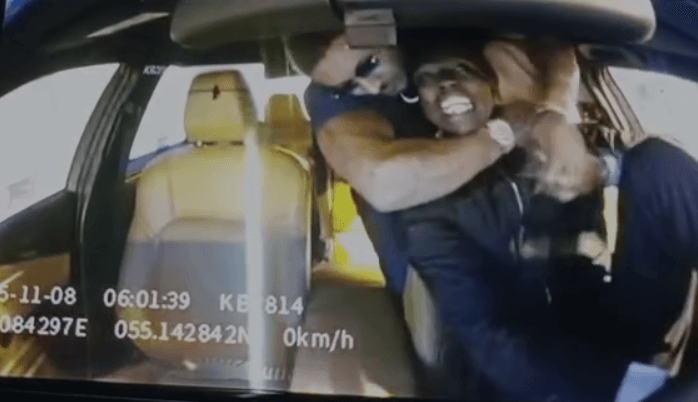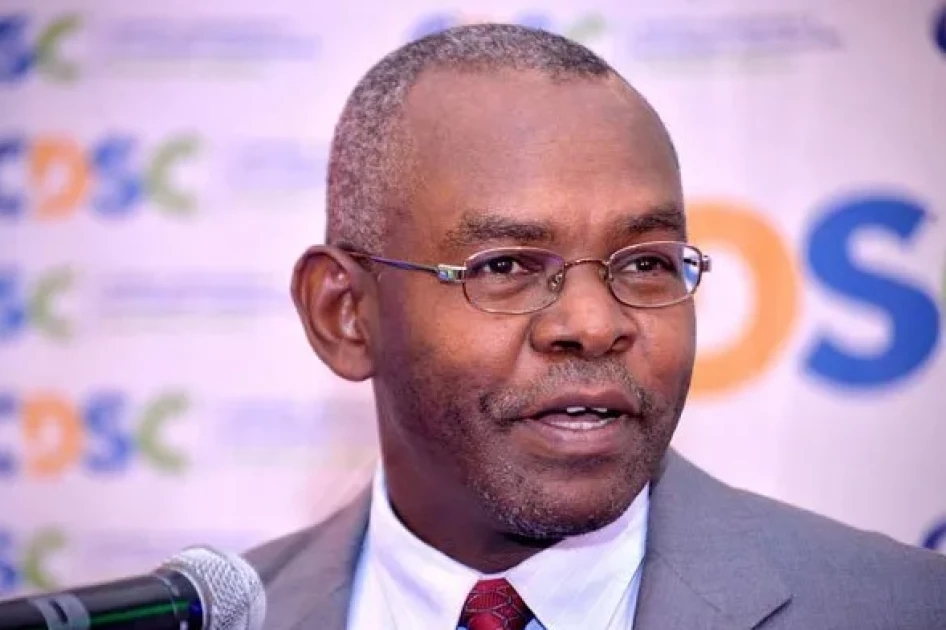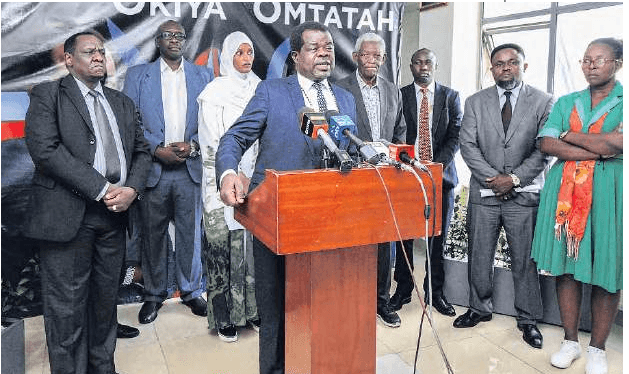
The night of August 19, will forever remain etched in the mind of political activist Bob Njagi – one of the Kitengela three.
Their disappearance, Njagi alone and two activist brothers, all on the same day, caused a countrywide uproar.
All were held for 32 days in subhuman conditions, then abruptly released.
Acting police IG Gilbert Masengeli was convicted of contempt of court and sentenced to six months in prison for failing to appear seven times and explain the disappearance of the three men.
He had been summoned and ordered to produce the Three, dead or alive. He did not do so. Police said they did not know where the men were.
They were never produced in court but abruptly released. Masengeli was saved from serving time by a public apology to the Judiciary and appointment Douglas Kanja as IG.
On August 19, Njagi who heads Free Movement, was on his way to his Kitengela home in a matatu.
Little did he know that ride would mark the beginning of his harrowing 32 days at the hands of hooded gunmen widely believed to be police.
As the vehicle stopped at Mlolongo, not very far from his destination, four hooded gun men forced their way inside and charged at him, accusing him of having illegal firearms.
Bewildered fellow passenger were warned by the intruders against filming a Hollywood-like episode.
Human rights activist Njagi had no time to react before one man seized him and pulled him from his seat.
Passengers turned away in utter shock, some shrank deeper into their seats. Activists Jamil and Aslam Longton, known as Kitengela brothers, were also abducted on August 19 while leaving their home in Kitengela.
“I was headed home that night after coming from Nairobi’s Central Business District where I had an engagement at Kamukunji police station with Jimi Wanjigi [who was accused of having firearms without valid certificates],” Njagi told the Star.
“It was about 10.30 to 11 pm and I was in a PSV. When it reached Mlolongo, four masked and hooded men got into the vehicle and came directly to me shouting [in Kiswahili] that I had a gun. I was alarmed because I don’t own a gun.”
“As it was the same day two of my colleagues were abducted, I was not very shocked by what was happening.”
Njagi was dragged from the matatu and bundled into a waiting car as kicks and blows rained on him from all directions.
“Inside the white vehicle were five men, two in the front and three at the back, we drove for an hour and all that time, I was assaulted until we came to a sudden stop,” he said.
Immediately everything went dark and darkness would persist for the 32 days he was held in incommunicado, everything faded to black.
The echo of his breathing was the only audible sound in the pitchblack room but he had not lost the concept of time.
“I was then blindfolded, handcuffed at the back and moved into a second awaiting vehicle with four men, two in the back on both sides of me and two in the front,” Njagi said.
“We drove in complete silence for another 30 minutes until we arrived at our destination. I was whisked away into a building and ushered into a small and very dark room, about six by four feet.
“I was stripped naked, left on the floor handcuffed behind my back and blindfolded for two days, with out food, only some water.
“On the third day, the handcuffs were removed from the back and my hands cuffed in front. I was then moved to another room where I stayed locked up, handcuffed, and blindfolded for the next 30 days.”
In the second room, once a day, someone opened the door and placed a cup of tea on the floor; the bucket that served as a toilet was replaced. Inadequate food arrived irregularly, water was scarce and sleep was filled with nightmares.
“On September 20 at about 12.30 am, two men came to my cell, told me to get up and get dressed. I was taken outside to a waiting vehicle,” Njagi said.
“Finally, the car stopped and one
of the men informed me they were
going to release me in about 15 minutes. I got to Tigoni police station and
requested the officer to contact my
family, which he did.”


